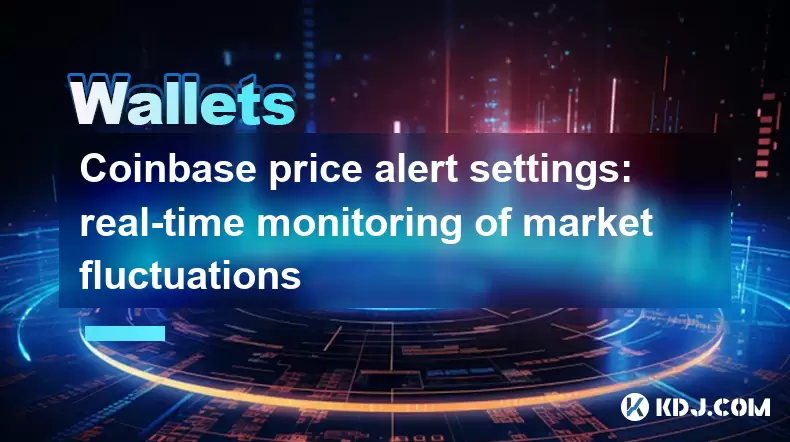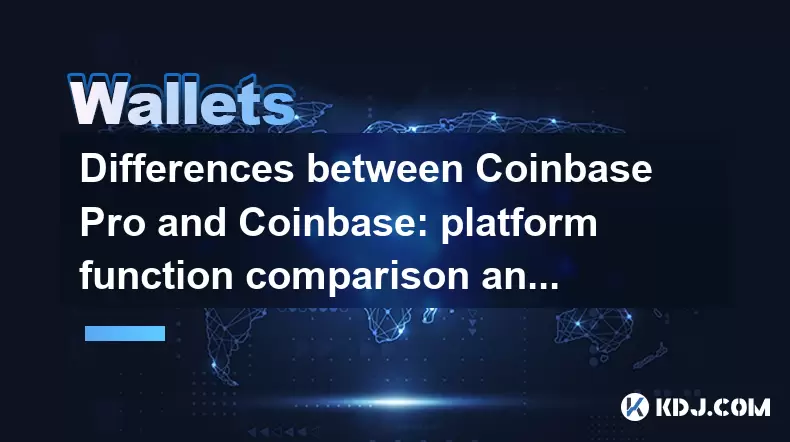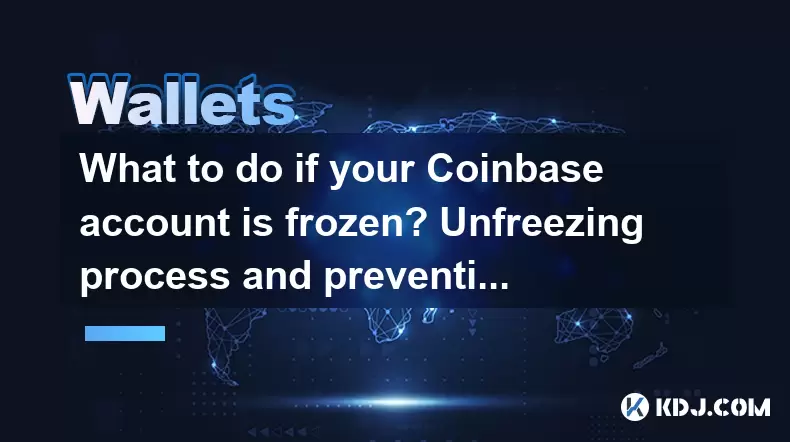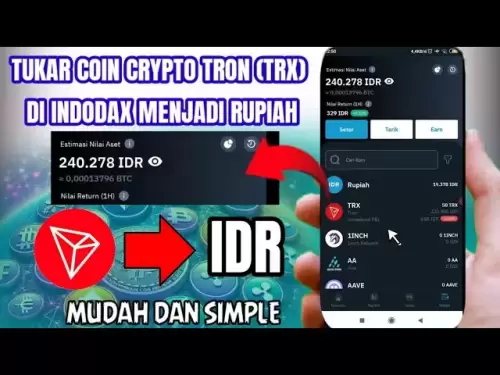-
 Bitcoin
Bitcoin $108,489.6704
1.13% -
 Ethereum
Ethereum $2,502.0528
2.92% -
 Tether USDt
Tether USDt $1.0002
0.00% -
 XRP
XRP $2.1941
0.51% -
 BNB
BNB $655.3375
1.00% -
 Solana
Solana $151.5977
1.27% -
 USDC
USDC $0.9999
0.00% -
 TRON
TRON $0.2768
0.32% -
 Dogecoin
Dogecoin $0.1676
2.86% -
 Cardano
Cardano $0.5675
0.98% -
 Hyperliquid
Hyperliquid $40.6109
7.48% -
 Bitcoin Cash
Bitcoin Cash $500.7746
2.09% -
 Sui
Sui $2.8328
2.03% -
 Chainlink
Chainlink $13.4452
1.26% -
 UNUS SED LEO
UNUS SED LEO $9.1623
0.39% -
 Avalanche
Avalanche $18.2267
2.24% -
 Stellar
Stellar $0.2382
0.00% -
 Toncoin
Toncoin $2.8885
1.68% -
 Shiba Inu
Shiba Inu $0.0...01159
0.91% -
 Litecoin
Litecoin $87.1827
0.88% -
 Hedera
Hedera $0.1511
2.90% -
 Monero
Monero $315.4992
-0.59% -
 Polkadot
Polkadot $3.4663
2.34% -
 Bitget Token
Bitget Token $4.6118
-0.65% -
 Dai
Dai $1.0000
-0.01% -
 Ethena USDe
Ethena USDe $1.0003
0.02% -
 Uniswap
Uniswap $7.2989
4.69% -
 Pepe
Pepe $0.0...01003
5.73% -
 Aave
Aave $275.5616
7.15% -
 Pi
Pi $0.5181
-2.49%
How to store Bitcoin safely? How to keep private keys and mnemonics?
To store Bitcoin safely, use hardware wallets like Ledger Nano S or Trezor, keep private keys and mnemonics offline, and avoid storing on exchanges for better security.
May 08, 2025 at 02:00 am

Storing Bitcoin safely is a critical concern for any cryptocurrency holder. To ensure the security of your digital assets, it's essential to understand the various methods of storage and the importance of safeguarding your private keys and mnemonics. This article will guide you through the best practices for storing Bitcoin safely and managing your private keys and mnemonics effectively.
Understanding Bitcoin Storage Options
There are several ways to store Bitcoin, each with its own level of security and convenience. Hardware wallets, software wallets, and paper wallets are the most common types of storage solutions. Hardware wallets are physical devices that store your private keys offline, offering a high level of security. Software wallets, on the other hand, are applications that you can install on your computer or mobile device, providing easier access but with potentially higher risks. Paper wallets involve printing out your private keys and mnemonics on a piece of paper, which can be a secure method if stored correctly but is susceptible to physical damage or loss.
Choosing the Right Hardware Wallet
If you decide to use a hardware wallet, selecting the right one is crucial. Popular options include the Ledger Nano S, Trezor Model T, and KeepKey. Each of these devices offers robust security features, but they also have different user interfaces and additional functionalities. When choosing a hardware wallet, consider factors such as ease of use, compatibility with your operating system, and the reputation of the manufacturer. Always purchase hardware wallets from the official manufacturer or authorized resellers to avoid tampered devices.
Setting Up a Hardware Wallet
To set up a hardware wallet, follow these steps:
- Unbox the device: Ensure the packaging is sealed and tamper-proof.
- Connect the device to your computer: Use the provided USB cable.
- Initialize the device: Follow the on-screen instructions to set up a new wallet.
- Create a new wallet: You will be prompted to create a new wallet and generate a recovery seed (mnemonic).
- Write down the recovery seed: Use a pen and paper to record the seed phrase. Never store it digitally.
- Verify the recovery seed: The device will ask you to confirm the seed phrase to ensure you have recorded it correctly.
- Set up a PIN: Choose a strong PIN to protect your device from unauthorized access.
Safeguarding Your Private Keys and Mnemonics
Your private keys and mnemonics are the keys to your Bitcoin. Losing them means losing access to your funds, and if they fall into the wrong hands, your Bitcoin could be stolen. Here are some best practices for safeguarding your private keys and mnemonics:
- Store them offline: Never store your private keys or mnemonics on a computer or mobile device connected to the internet.
- Use multiple secure locations: Store copies of your recovery seed in multiple secure locations, such as a safe deposit box or a fireproof safe.
- Encrypt them: If you must store digital copies, encrypt them with strong encryption software.
- Avoid sharing: Never share your private keys or mnemonics with anyone, including customer support or friends.
- Regularly check: Periodically check your storage locations to ensure they remain secure and undamaged.
Using Software Wallets Safely
If you choose to use a software wallet, it's important to take extra precautions to secure your Bitcoin. Software wallets are more vulnerable to hacking and malware, so consider the following tips:
- Use reputable software: Download wallets from official websites and verify their integrity using checksums or digital signatures.
- Keep your software updated: Regularly update your wallet software to protect against known vulnerabilities.
- Enable two-factor authentication (2FA): Add an extra layer of security by enabling 2FA on your wallet.
- Use antivirus software: Protect your device from malware that could compromise your wallet.
Creating and Storing a Paper Wallet
A paper wallet is another secure way to store your Bitcoin, especially if you don't plan to access your funds frequently. Here's how to create and store a paper wallet safely:
- Generate a new address: Use a trusted online generator or offline tool to create a new Bitcoin address and private key.
- Print the wallet: Print the address and private key on high-quality paper, ensuring no digital copies are saved.
- Store the wallet securely: Place the paper in a tamper-evident bag and store it in a safe or safe deposit box.
- Keep it confidential: Never share the contents of your paper wallet with anyone.
Best Practices for Managing Multiple Wallets
If you manage multiple Bitcoin wallets, it's important to keep them organized and secure. Here are some tips for managing multiple wallets:
- Label your wallets: Clearly label each wallet to distinguish between them.
- Keep a master list: Maintain a secure, offline list of all your wallets and their corresponding mnemonics or private keys.
- Regularly audit your wallets: Periodically review your wallets to ensure they are secure and that you have access to all necessary keys and mnemonics.
- Use different storage methods: Diversify your storage methods to minimize the risk of losing all your Bitcoin if one method fails.
Frequently Asked Questions
Q: Can I store my Bitcoin on an exchange?
A: While it is possible to store Bitcoin on an exchange, it is generally not recommended due to the higher risk of hacking and exchange failures. It's safer to store your Bitcoin in a wallet that you control.
Q: How often should I back up my wallet?
A: It's a good practice to back up your wallet whenever you create a new one or make significant changes to an existing one. However, always keep your backups secure and offline.
Q: What should I do if I lose my private keys or mnemonics?
A: If you lose your private keys or mnemonics, there is no way to recover them. Always keep multiple secure backups to prevent this situation.
Q: Can I use a password manager to store my mnemonics?
A: While password managers can be secure, it's generally recommended to store mnemonics offline and not rely on digital solutions that could be compromised. If you do use a password manager, ensure it is highly secure and encrypted.
Disclaimer:info@kdj.com
The information provided is not trading advice. kdj.com does not assume any responsibility for any investments made based on the information provided in this article. Cryptocurrencies are highly volatile and it is highly recommended that you invest with caution after thorough research!
If you believe that the content used on this website infringes your copyright, please contact us immediately (info@kdj.com) and we will delete it promptly.
- Ripple, Stablecoin, Adoption: RLUSD Leading the Charge
- 2025-06-30 14:30:12
- Bitcoin ETF, IBIT, and the Bull Flag: Is $144,000 on the Horizon?
- 2025-06-30 14:50:12
- Bitcoin, Passive Income, and a Bull Raise: Riding the Crypto Wave
- 2025-06-30 14:30:12
- Bitcoin, Personal Loans, and Omega 88: A New Era in Lending?
- 2025-06-30 15:09:14
- Saylor's Strategy: How MicroStrategy's Bitcoin Bet is Reshaping Finance
- 2025-06-30 14:52:14
- Metaplanet's Bitcoin Blitz: From Zero to Hero in the Corporate Treasury Race
- 2025-06-30 15:10:54
Related knowledge

Coinbase price alert settings: real-time monitoring of market fluctuations
Jun 29,2025 at 07:00am
Setting Up Coinbase Price AlertsTo begin real-time monitoring of market fluctuations on Coinbase, users can utilize the built-in price alert feature. This function allows you to receive notifications when a cryptocurrency reaches a specific price point. To access this setting, open the Coinbase app or log in via the web platform. Navigate to the 'Prices...

How to stake cryptocurrencies on Coinbase? Benefits and risks
Jun 27,2025 at 06:36pm
Understanding Cryptocurrency Staking on CoinbaseStaking cryptocurrencies involves locking up digital assets to support the operations of a blockchain network, typically in return for rewards. Coinbase, one of the most popular cryptocurrency exchanges globally, offers staking services for several proof-of-stake (PoS) coins. Users can stake their holdings...

Differences between Coinbase Pro and Coinbase: platform function comparison and analysis
Jun 29,2025 at 08:21am
Overview of Coinbase and Coinbase ProWhen exploring the cryptocurrency trading landscape, users often encounter two platforms under the same parent company: Coinbase and Coinbase Pro. While both are operated by the same organization, they cater to different types of users and offer varying features. Coinbase is primarily designed for beginners and casua...

What to do if your Coinbase account is frozen? Unfreezing process and preventive measures
Jun 30,2025 at 03:49am
Understanding Why Your Coinbase Account Might Be FrozenIf your Coinbase account is frozen, it typically indicates that the platform has detected suspicious activity or potential violations of its terms of service. This could be due to a variety of reasons such as unusual login attempts, high-risk transactions, or incomplete verification steps. Coinbase ...

How to contact Coinbase customer service? Support channels and response times
Jun 28,2025 at 01:29pm
Contacting Coinbase Customer Service: Support Channels and Response TimesIf you're a user of Coinbase, reaching their customer service team may become necessary for various reasons, such as account verification issues, transaction disputes, or technical difficulties. Understanding the different support channels available and what to expect in terms of r...

Coinbase advanced trading function usage tutorial: limit orders and market orders
Jun 28,2025 at 09:07pm
Understanding the Difference Between Limit Orders and Market OrdersWhen using Coinbase's advanced trading features, it is crucial to understand the fundamental difference between limit orders and market orders. A market order executes immediately at the best available price on the market. This type of order ensures that your trade goes through quickly, ...

Coinbase price alert settings: real-time monitoring of market fluctuations
Jun 29,2025 at 07:00am
Setting Up Coinbase Price AlertsTo begin real-time monitoring of market fluctuations on Coinbase, users can utilize the built-in price alert feature. This function allows you to receive notifications when a cryptocurrency reaches a specific price point. To access this setting, open the Coinbase app or log in via the web platform. Navigate to the 'Prices...

How to stake cryptocurrencies on Coinbase? Benefits and risks
Jun 27,2025 at 06:36pm
Understanding Cryptocurrency Staking on CoinbaseStaking cryptocurrencies involves locking up digital assets to support the operations of a blockchain network, typically in return for rewards. Coinbase, one of the most popular cryptocurrency exchanges globally, offers staking services for several proof-of-stake (PoS) coins. Users can stake their holdings...

Differences between Coinbase Pro and Coinbase: platform function comparison and analysis
Jun 29,2025 at 08:21am
Overview of Coinbase and Coinbase ProWhen exploring the cryptocurrency trading landscape, users often encounter two platforms under the same parent company: Coinbase and Coinbase Pro. While both are operated by the same organization, they cater to different types of users and offer varying features. Coinbase is primarily designed for beginners and casua...

What to do if your Coinbase account is frozen? Unfreezing process and preventive measures
Jun 30,2025 at 03:49am
Understanding Why Your Coinbase Account Might Be FrozenIf your Coinbase account is frozen, it typically indicates that the platform has detected suspicious activity or potential violations of its terms of service. This could be due to a variety of reasons such as unusual login attempts, high-risk transactions, or incomplete verification steps. Coinbase ...

How to contact Coinbase customer service? Support channels and response times
Jun 28,2025 at 01:29pm
Contacting Coinbase Customer Service: Support Channels and Response TimesIf you're a user of Coinbase, reaching their customer service team may become necessary for various reasons, such as account verification issues, transaction disputes, or technical difficulties. Understanding the different support channels available and what to expect in terms of r...

Coinbase advanced trading function usage tutorial: limit orders and market orders
Jun 28,2025 at 09:07pm
Understanding the Difference Between Limit Orders and Market OrdersWhen using Coinbase's advanced trading features, it is crucial to understand the fundamental difference between limit orders and market orders. A market order executes immediately at the best available price on the market. This type of order ensures that your trade goes through quickly, ...
See all articles

























































































